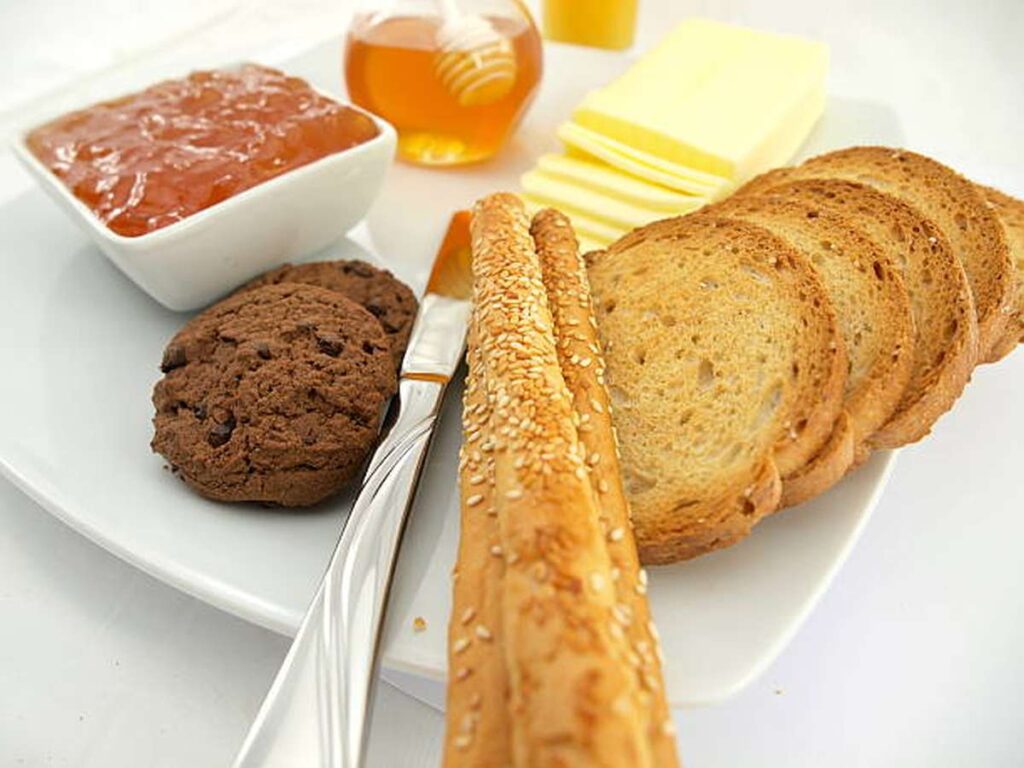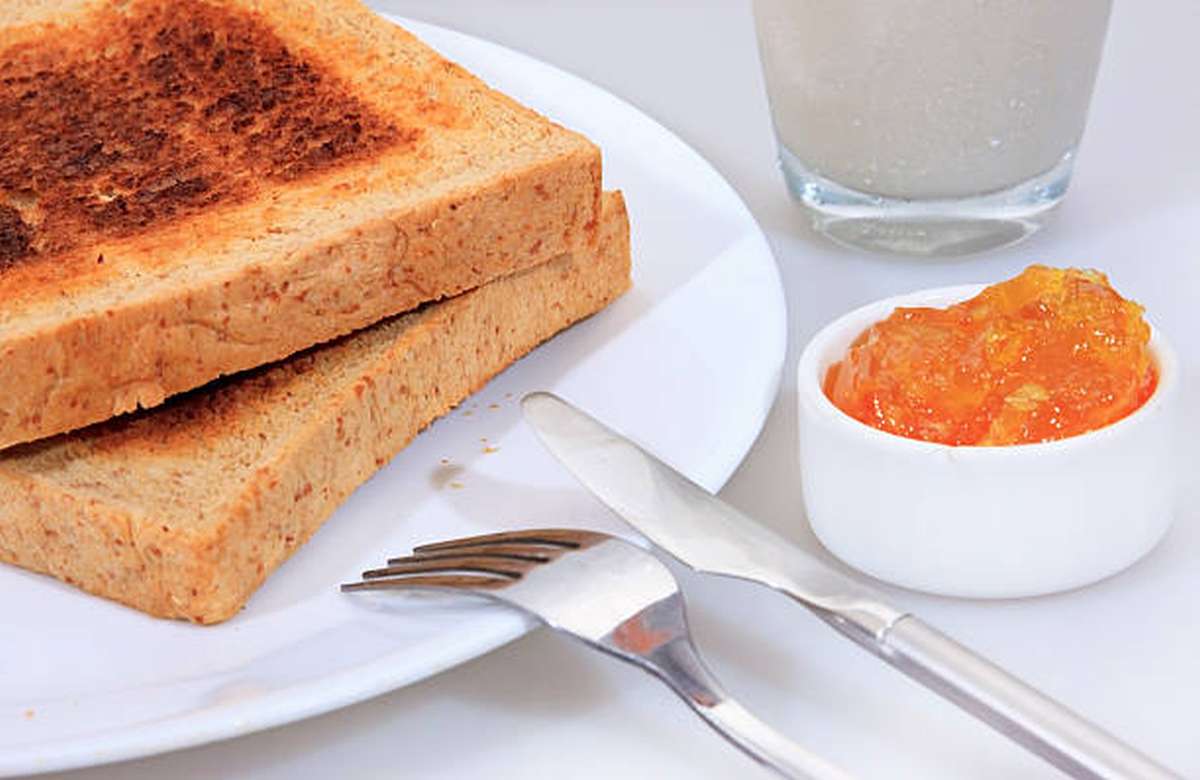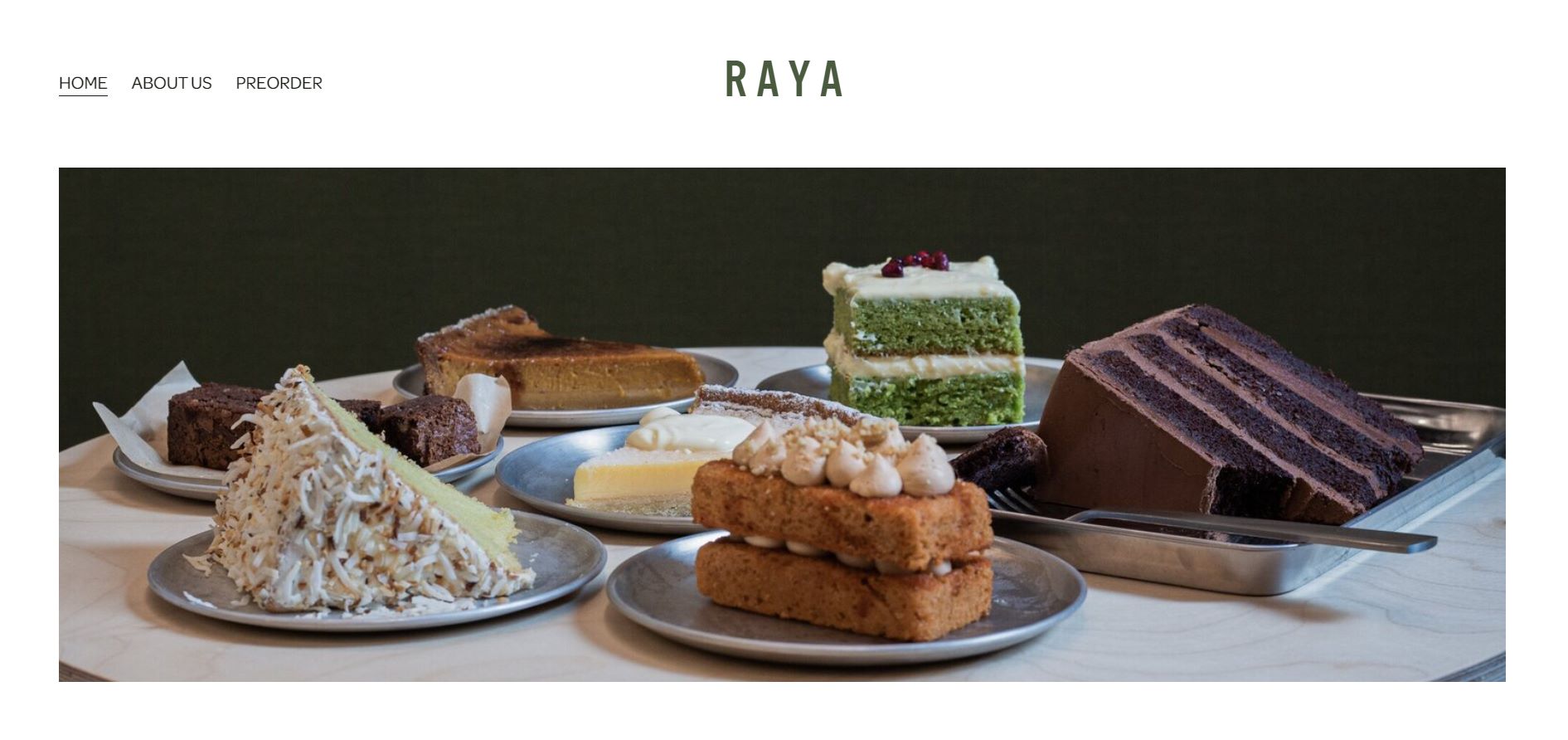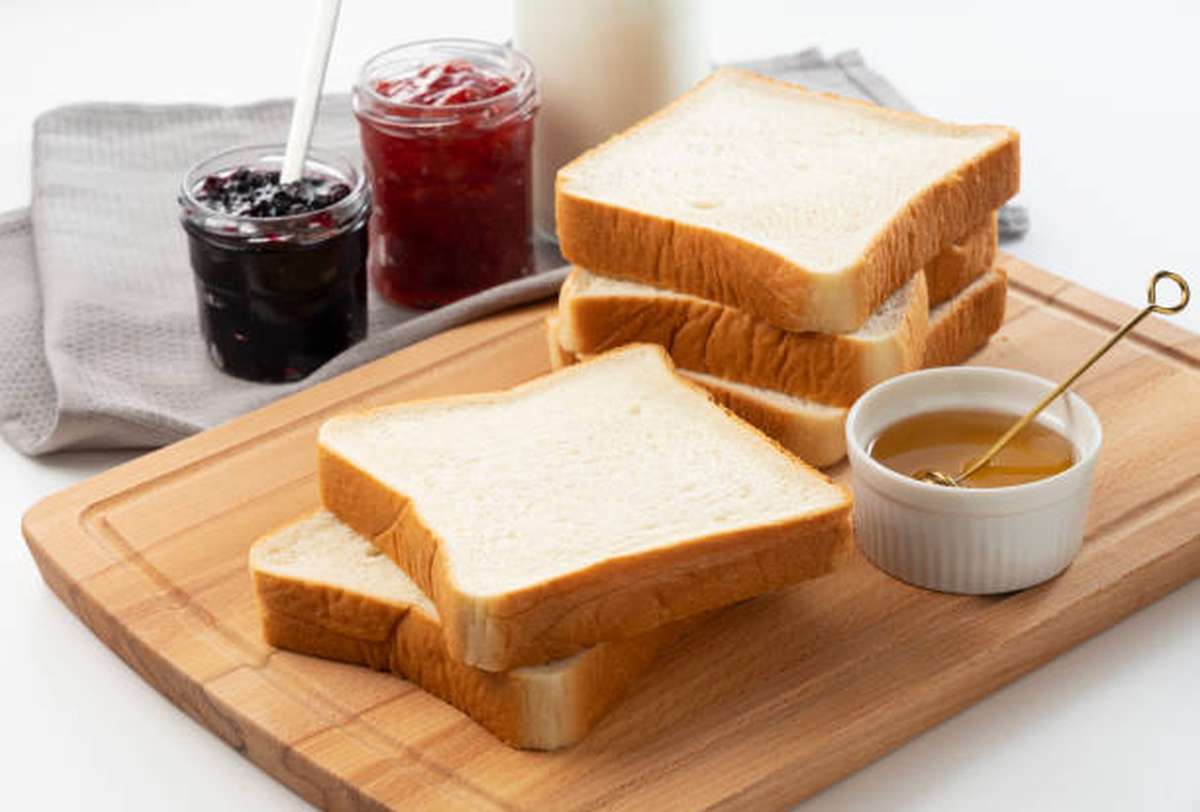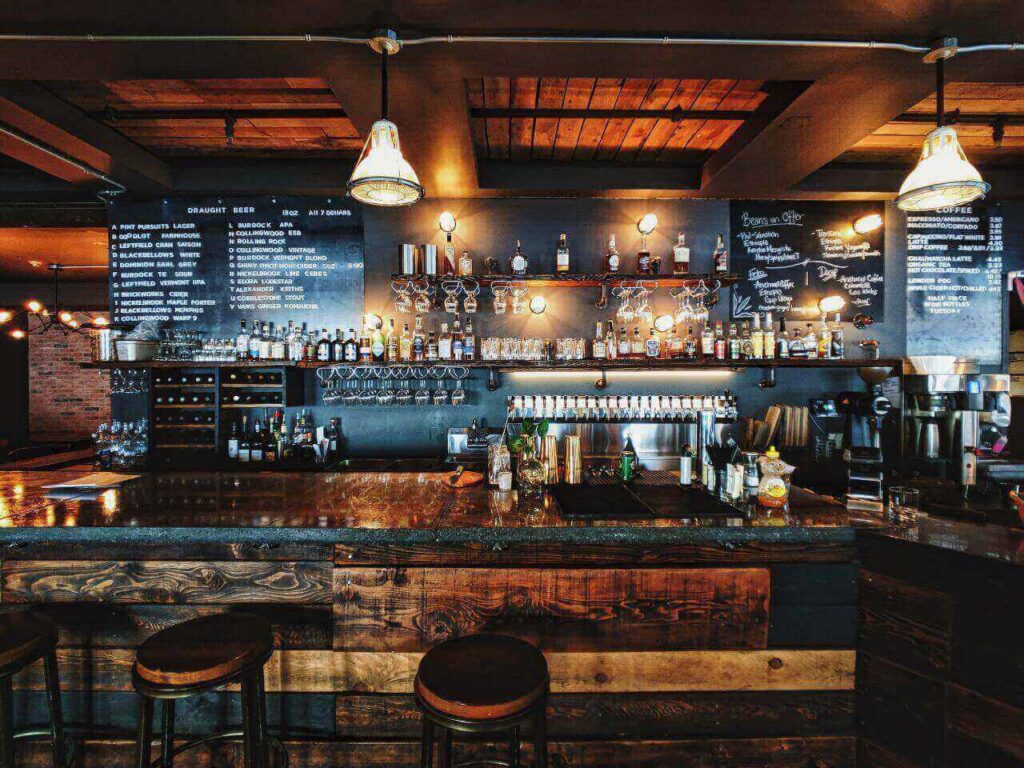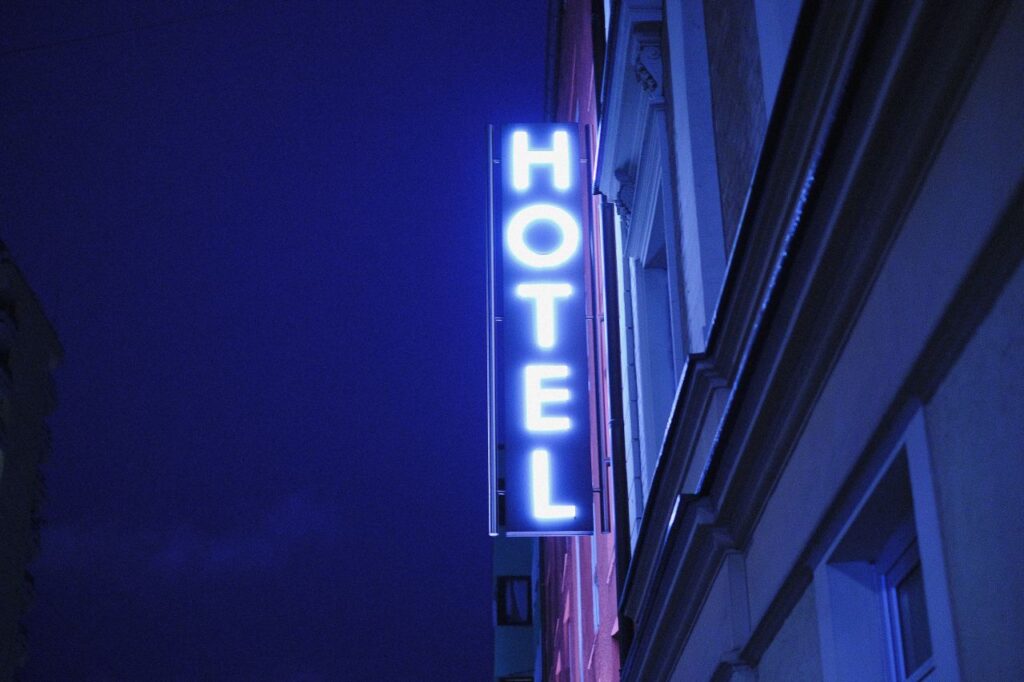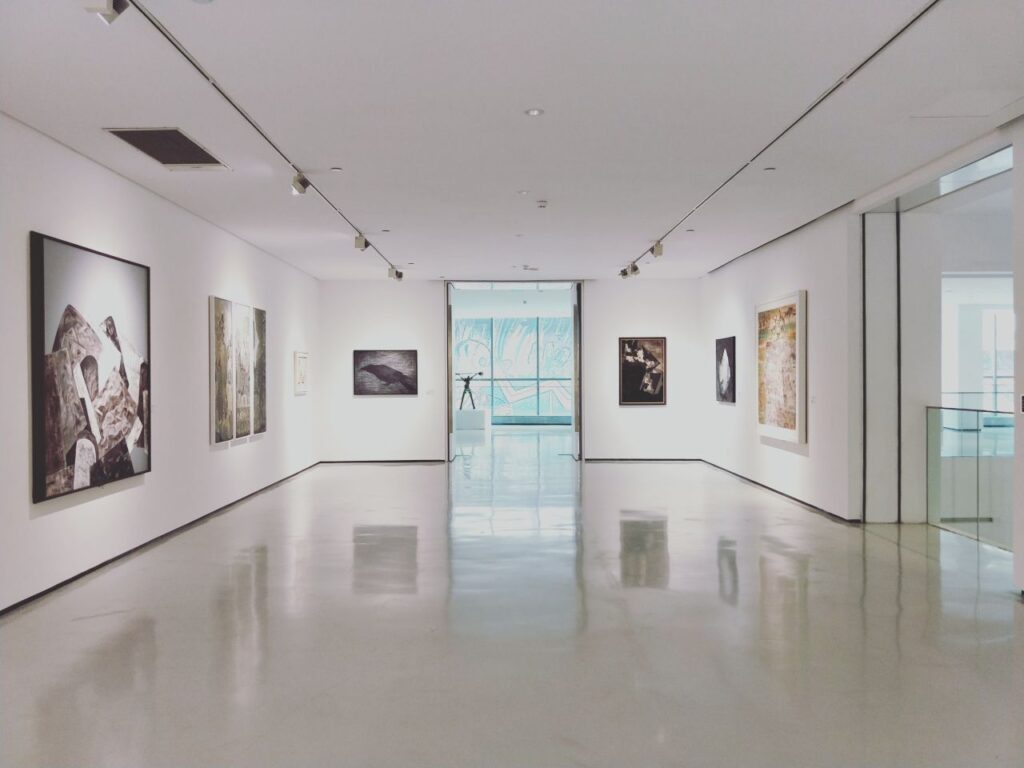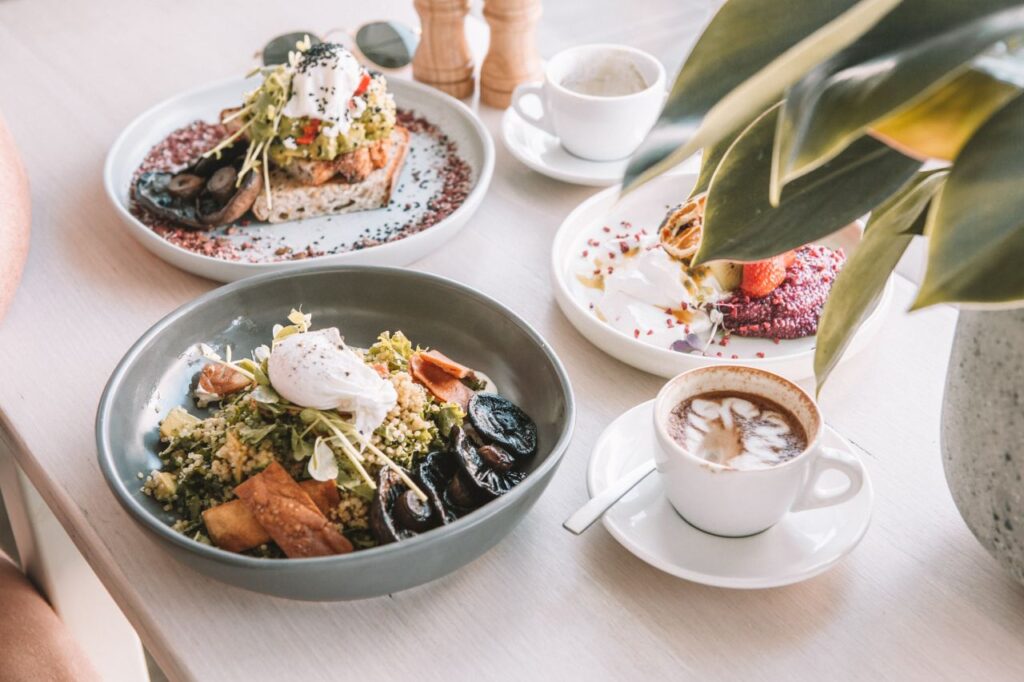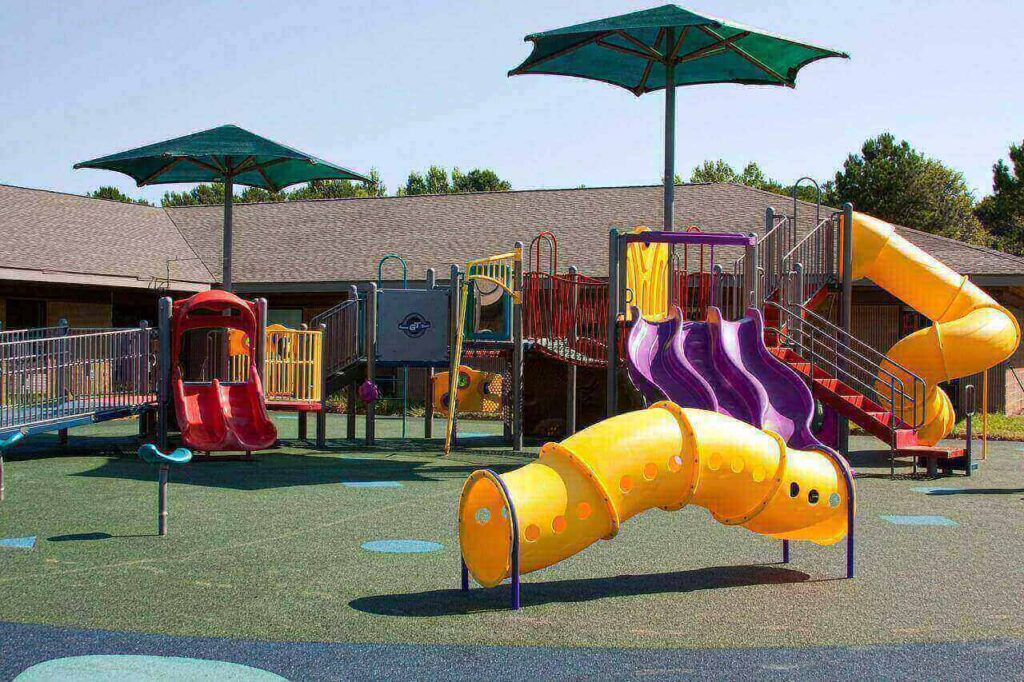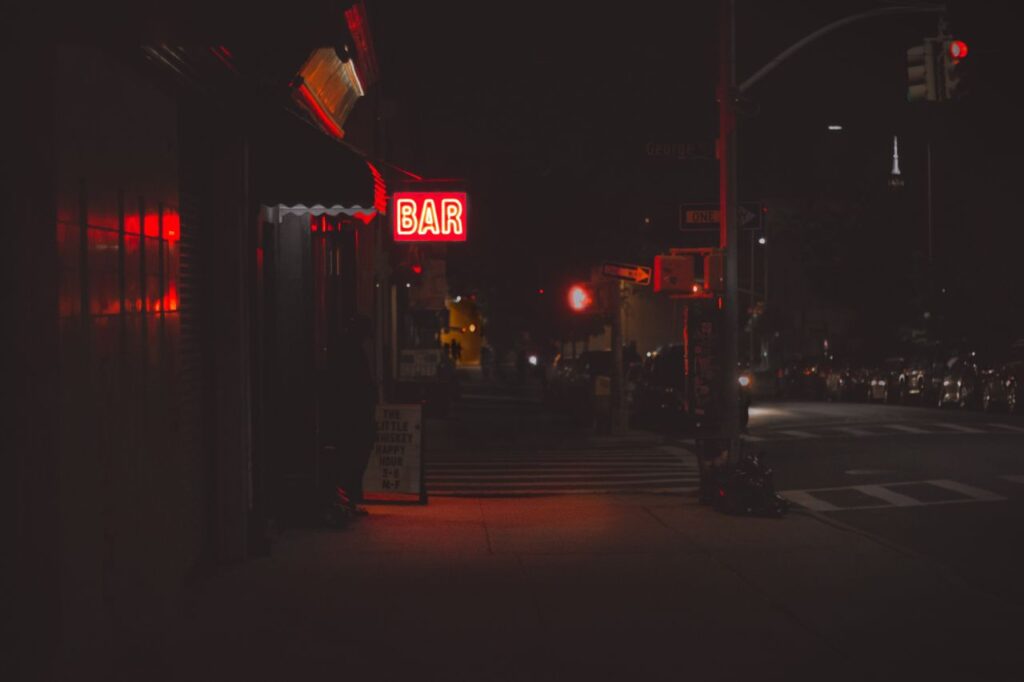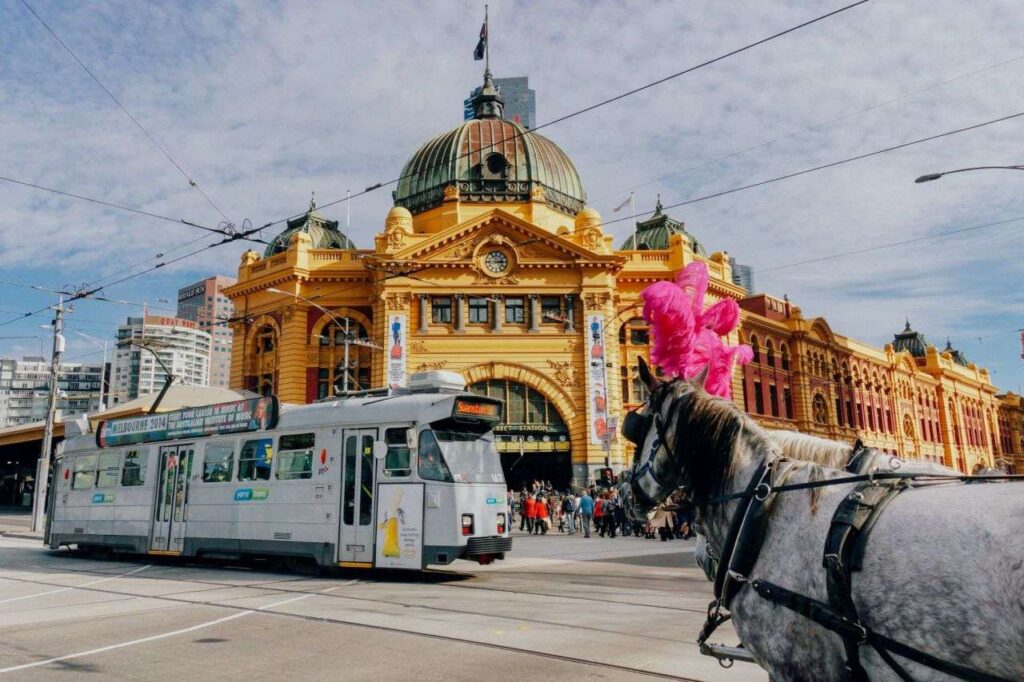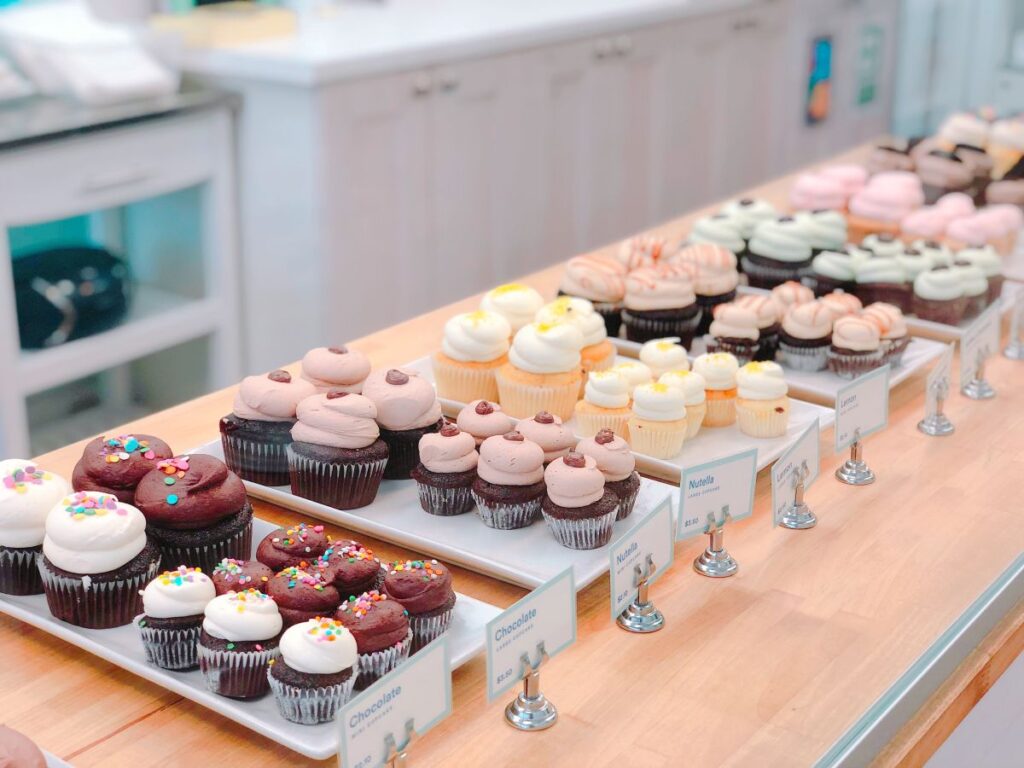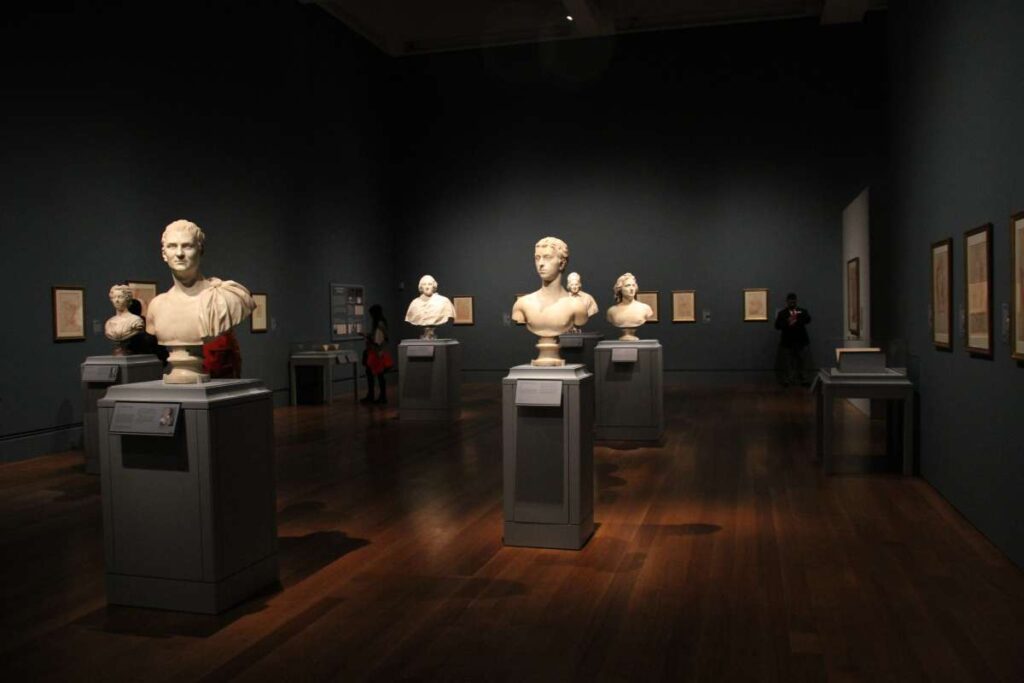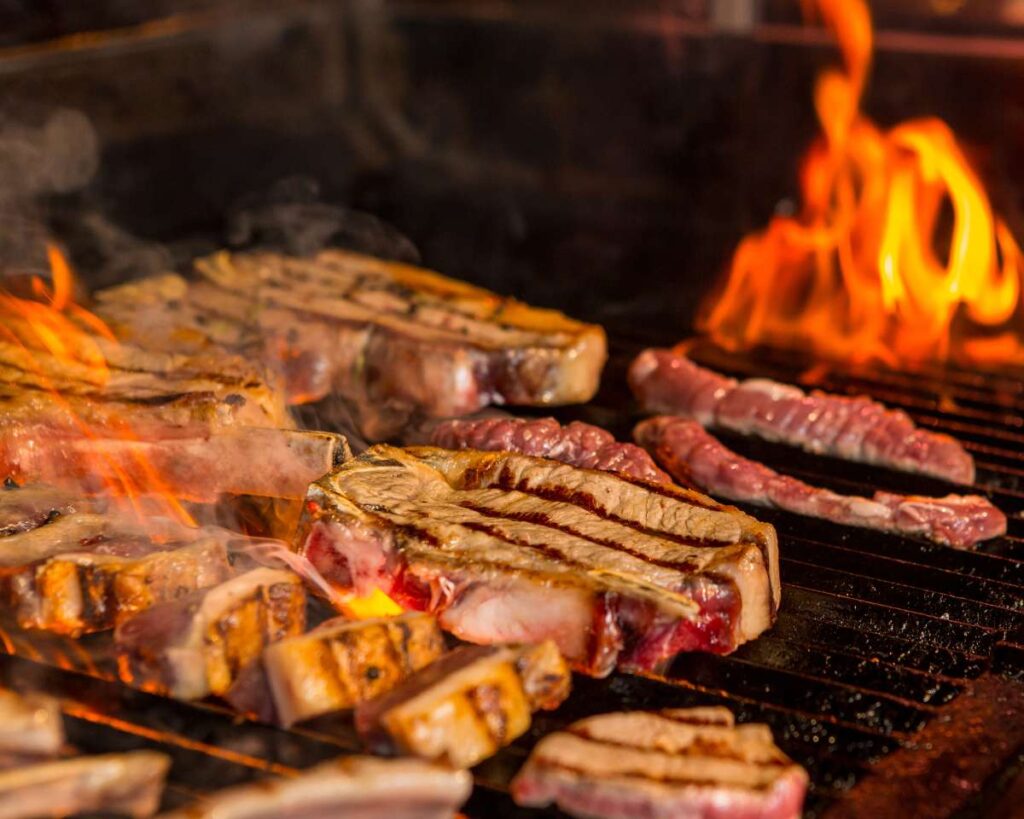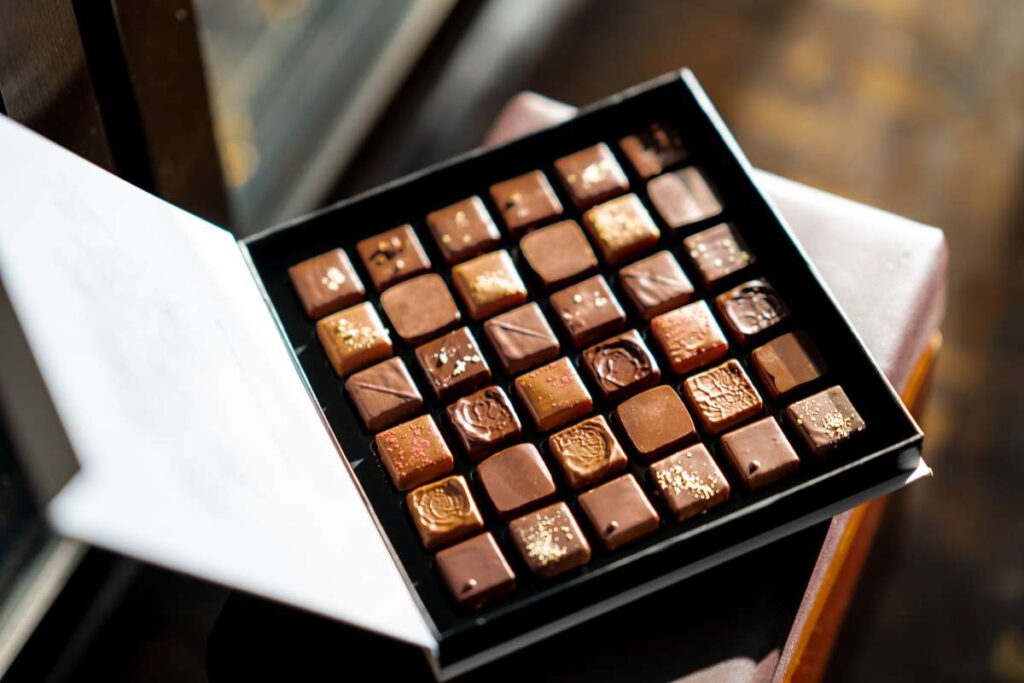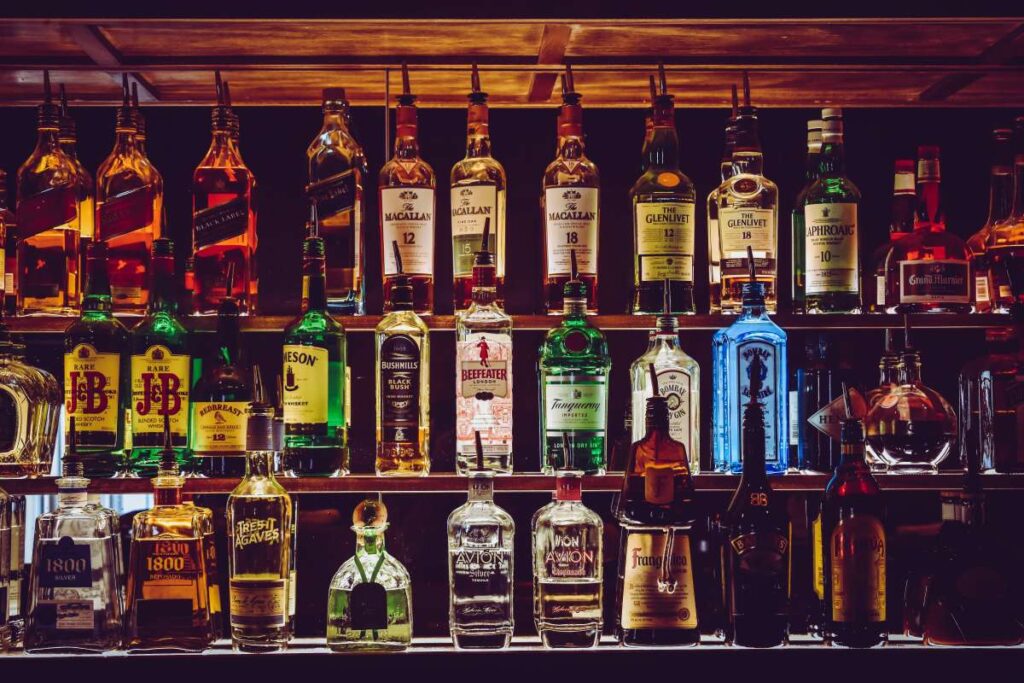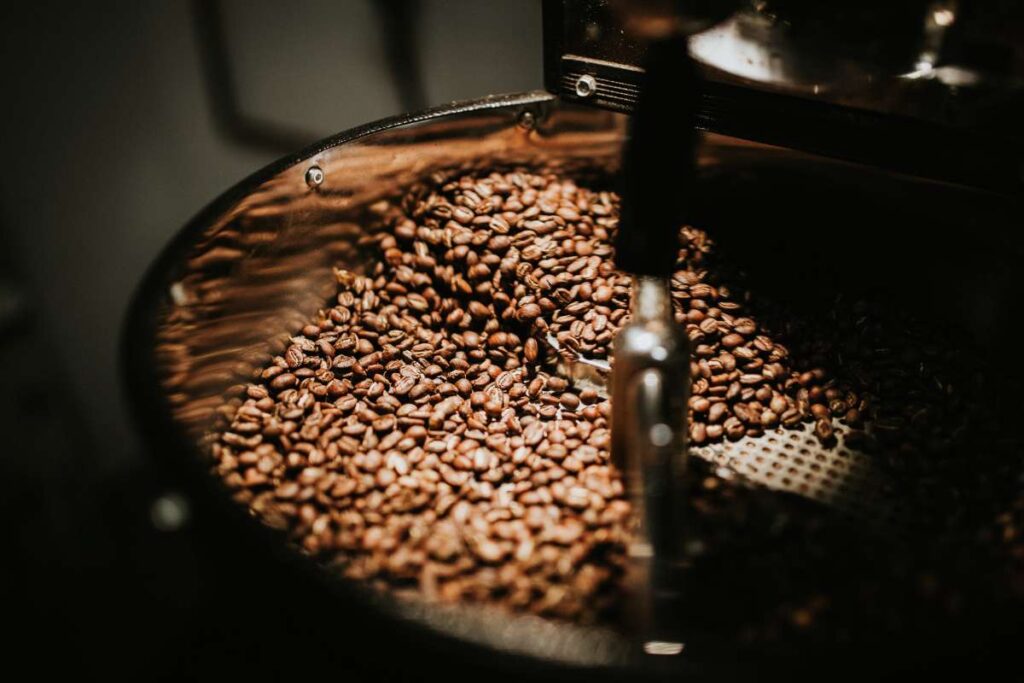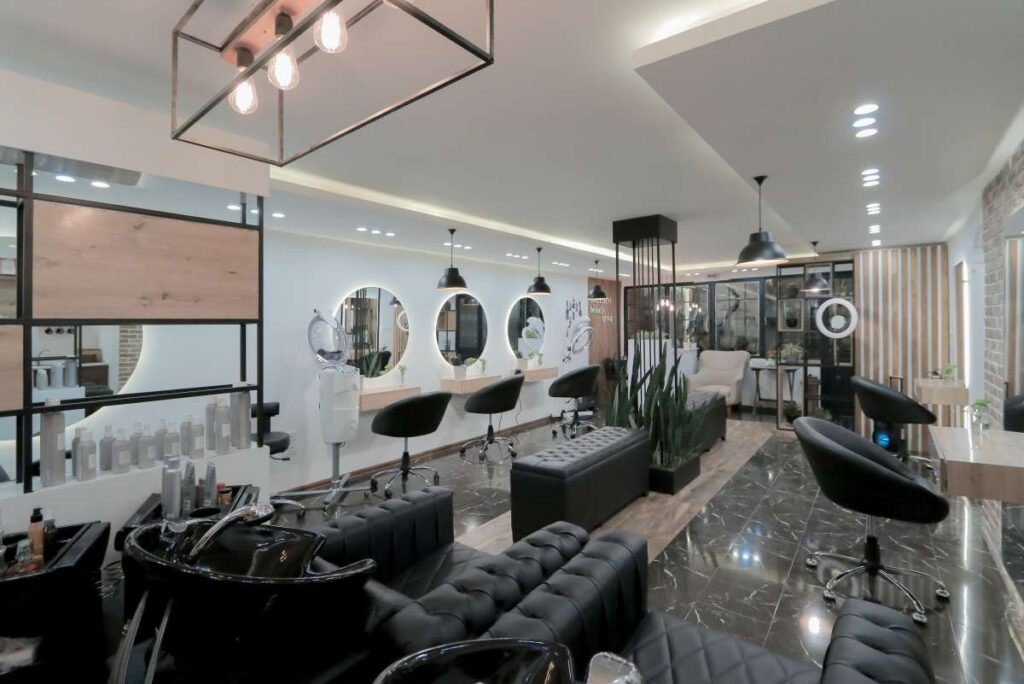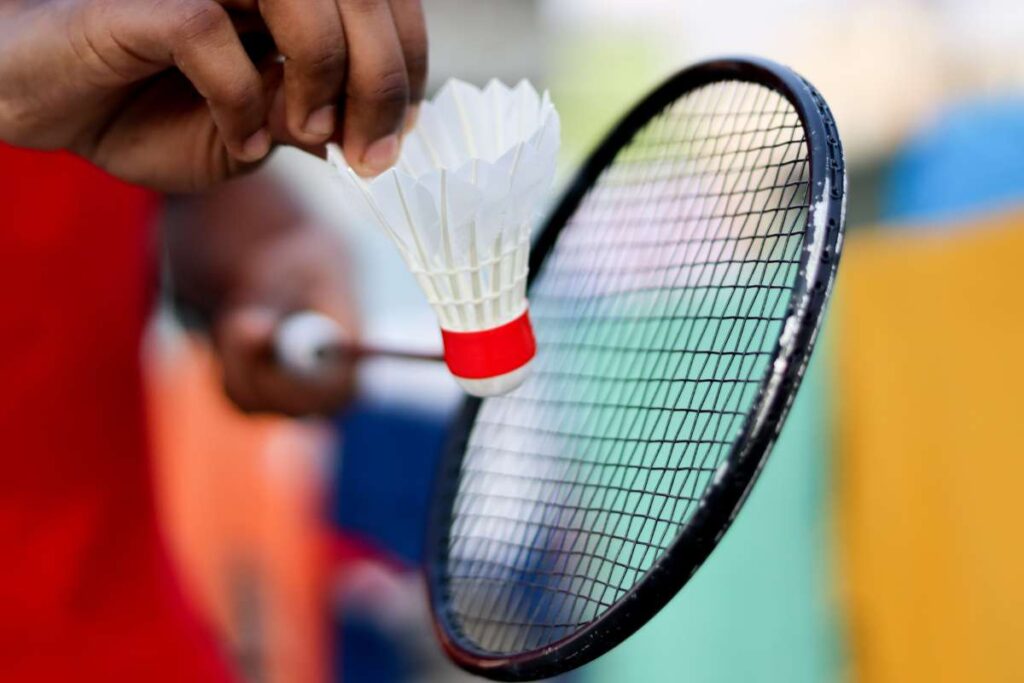Since quite some time, sourdough was by far the most popular choice for bread in Melbourne. However, a change is on the horizon. Several competitors are now closing in fast on it. While focaccia has been popular since the 1990s, huge, flat fougasses are currently enjoying a renaissance as well. Perhaps the most well-liked is the Japanese milk baguette shokupan, which is traditionally served with tea and is both thickly sliced and wonderfully soft.
A possible explanation is the recent success of the Japanese sandwich katsu sando, which is typically made with shokupan. Or perhaps many of us were forced to learn during the pandemic that sourdough starting are a lot more labour than they seem.
Perhaps it's due to the fact that shokupan is aesthetically and gastronomically superior to the white bread that most people buy. Many of Melbourne's bakeries have begun making their own bread to compete with the city's best Japanese restaurants.
FAQs Shokupan In Melbourne
For the unacquainted, shokupan is an incredibly fluffy milk bread that originated in Japan. It’s like Wonder White on steroids, and it’s often used to make katsu sandos. So when Melbourne baker Quentin Berthonneau first tried it, he was “blown away by the texture”.
Shokupan – Shoku means ‘food’ or ‘to eat’, pan means bread, so this is ‘eating bread’. Shokupan also means Japanese white bread.
Shokupan Melbourne, sourdough Japanese soft bread. One of our core values at Shokupan is transparency; we believe everyone should know how and where their food is being produced. We are very proud to work with our suppliers and their products.
What makes shokupan so special is its extra fluffy and soft texture, but also its ability to stay soft for a longer period of time without processed ingredients. Its high hydration dough is to thank for this cloudlike texture.
You can enjoy shokupan in many ways, including some uniquely Japanese concoctions such as sandwiches filled with potato salad or fruit and cream. Do try thickly sliced Kinki-region style toast too.
Shokupan Stores In Melbourne
You should become intimately acquainted with "Shokupan" if you haven't already. For the simple reason that it is a truly miraculous loaf of bread. You've probably seen images of shoupan, or "soft and fluffy white bread," on social media or in your dreams late at night. Both the 'yudane' and 'tangzhong' ways, by which the bread is prepared, are widely employed in Japan.
Bakemono
Infusing the almond croissants with a zesty bite, yuzu, the classic grilled cheese and ham croissant is also on the menu. The fluffy loaves from shokupan and the tender canelés baked at midday are also available.
The clean aesthetic of Japanese and Korean cafes and bakeries served as inspiration for the design team. There are large windows on the exterior timber panelling, and the interior is primarily white, with some pine interior details for warmth. In the middle of the room is a tall Japanese maple with orange, bare leaves.
Unlike Coffee Brewers, the trio’s other spot, which both use beans from A coffee, Bakemono’s coffee is supplied by Small Batch. All of the chai lattes and hot chocolates are crafted from a concentrate that is brewed fresh every week, and the hot chocolate is from Mörk.
Q le Baker
In order to satisfy Quentin Berthonneau's need for better bread, you should consume better bread. I think he's a little fixated on it...
That's why he opened up shop in Prahran Market with Melbourne's cutest little artisan bread bar. Q le Baker is the name. Exactly what is in the bread? Seriously mouthwatering. This bread is so substantial that eating just one slice can satisfy your hunger.
How often have you heard someone say, "This bread is amazing, but it's nothing like the bread in Paris," and then thought to yourself, "How good can bread be?" Here, have the solution. Good bread can taste like this. Quentin buys his stone-ground organic flour from South Australian mills like Flying Stone and Laucke.
He then employs all of the knowledge he gained while working at Vue le Monde and Chez Dres to make sourdough breads that are nothing short of works of art. loafs that are dense and dark in colour, with a crust that is hard enough to stop a bullet. Wild oat porridge and black rice toast. Soft as a cloud, hot dog buns made with buttermilk almost give way when you put weight on them.
You can get some of the greatest bread in town just here. Nonetheless, Quentin has increased the store's selection to include apple fritters, croissants that rival Lune, dark cocoa brownies topped with just a sprinkle of sea salt, and even a variety of Q le Baker chutneys and pickles.
Unless you really travel to Montmartre, this is as close as you'll get to a boulangerie there. Adele Bates, a local expert, designed the streamlined fit-out and added a dramatic flair.
Looking out the large window at 7 a.m., you can see the Q team working feverishly and the aroma that fills the market is just fantastic. The long-term goal is to offer bags of artisanal flour for takeout, similar to how some cafes offer bags of coffee beans. Quentin's goal is to have all Melbournians enjoying the highest quality bread possible.
Tokyo Hometown
Tokio Hometown is an annexe to Hometown Asian Supermarket, Melbourne's pan-Asian alternative to high-end, locally-owned supermarkets, and its primary source of Japanese food. It is a one-stop shop for all kinds of Japanese food, from the most obscure cooking materials, condiments, and seasonings to the most commonplace, such noodles and rice.
They also sell shokupan, the national sandwich loaf of Japan, which is hard to come by in the city. Additionally, there is a wide selection of imported snacks and drinks that bring to mind the excitement of browsing the corridors of Japanese convenience stores, such as corn chips, Japanese Kit Kats, Displayable edibles, and soft drinks. A lot of places in Tokyo close early, but Tokyo Hometown is open late.
Ichigō
Enjoy the stylish simple decor and a delicious shokupan while you're there. At Ichigo, they update classic Japanese dishes for a contemporary brunch crowd. They're still getting takeout even if the area is on lockdown. We recommend katsu Sandos, omelet on breakfast, and of course, complete loaves of fluffy shokupan. After 12:30, the bread can be purchased online or in-store before supplies run out.
Ichig, literally "strawberry," is a cheerful, vibrant, and casual Japanese-inspired brunch café, just like the fruit. If you want your space to convey what Ichig is all about, go for a minimalist aesthetic that's clean and uncluttered. With its diffused lighting, concrete surface, and muted colour scheme of grey, white, nature, and green, ichigo conveys the idea that it is a place where people can get together at any time of day.
A fusion of Japanese cuisine and culture, ichig's simple yet bright setting complements the restaurant's amazingly aesthetically pleasing and delicious new take on traditional Japanese food with a non-traditional twist. They are creative, offering a new perspective or a fresh breath of air to regular brunch-goers thanks to their adoption of ingenious and amusing tweaks from a variety of cuisines.
Raya Melbourne
You have to get up super early to have a chance at buying one of Raya's famous loaves. Before they start cutting it up for sandwiches, they sell their picture-perfect shokupan by the loaf. Alternatively, you might sleep in and get the milk bread sando. The toastie with caramel kaya and salt is highly regarded. Reserve ahead of time and pick up, or go with the convenience of delivery. Raya is an intimate cafe that specialises on creatively crafted baked goods.
Typical Nyonya kuehs, cakes, pastries, and made-to-order sandwiches are served at this cafe in homage to the proprietors' Southeast Asian roots. Family and friends work together to bake and sell all of the goods. Sit down with a cup of Clockwalker-roasted coffee and some pastries, or pick up a snack to go. Raya sells until all inventory is gone, so it's best to be there early.
Le Bajo
The Le Bajo Japanese Cafe is located in a warehouse decked up with Australiana ephemera, and is named after a fishing village in Indonesia. One side of the team responsible for the massively successful Potato Nose Beach Club in Bali was planning to begin construction on a new club and guesthouse in Labuan Bajo, a fishing hamlet on the huge Indonesian island of Flores. island of Flores Forced to stay in Melbourne,
Gunawan was born in Sydney, Australia, but he has spent time in both Indonesia and Australia. His favourite cafe in Melbourne is 279, which is conveniently located near both his office and warehouse. Together, he and Le Bajo's owner, Kantaro Okada, established the restaurant.
The menu, created by Okada, features a breakfast set as the first item. It consists of a boiled egg, a few scoops of Japanese potato salad, a small pot of yoghurt, a batch brew, and a thick toasted piece of home-baked shokupan (Japanese milk bread). Ogura and iron are just two of the nine toast toppings available ). There's also an egg sando, or Tamago.
Traditionalists often order the saucy fried chicken katsu Advance level with cabbage and homemade miso sauce in the late morning and early afternoon. It has stood the test of time. However, you may also get a sando loaded with vegetables and a tartare of Ebi (prawns) flavoured with wasabi. Fries slathered in teriyaki butter or miso mayo with seaweed are also available.
Fruit sandos, where whipped cream with sliced strawberries, kiwi, and mango are surrounded by crustless shokupan, are more unusual and can be found in the refrigerator. You can buy the airy loaves, either whole or sliced, to take home with you. Gunawan's love for classic Australian milk bars inspired him to make sodas, spiders, and milkshakes from scratch. Light and fluffy sponge cakes are served with Japanese tea, and they almost always disappear before midday.
Everything from the retro plates to the lime green bar stools to the wooden benches with steel tubing may be found at local markets and thrift shops. Cyclists are greeted by a bike rack, and lush vegetation covers the modern timber structure that separates Le Bajo, an unfussy, minimalist room, from Gunawan's garage.
Bakemono Bakers
A Japanese-Korean bakery Bakemono perfected the art of the milk loaf. Each day at noon, fresh bread is baked and quickly sold out. We urge you to order fresh garlic bread to go with your meal. The bread's dough is the same as that used for shokupan, and it's stuffed with honey cream cheese, garlic butter, and butter.
Expect a wait if you show up to the shop on Drewery Lane, but you can assure yourself a loaf if you order ahead and pick it up. Then, if you place your order by 9 a.m., you can get shokupan the very same day. Located on the already Drewery Lane, Bakemono Bakers provides not just the basics, but also a menu influenced by Japanese and Korean bakeries.
Pastries stuffed with savoury ingredients like ricotta and parsley, ham and cheese, or garlic bread are available. If you have a sweet tooth, they also have chocolate, almond, and blueberry options.
Hinoki Japanese Pantry
It seems fitting that a Japanese cypress species should inspire the name of the restaurant serving traditional Japanese food: Hinoki. The fit-out would not have been complete without the use of hinoki, but the owner was unable to get any to Australia.
Beech, which mimics Japanese cypress, lines the open and airy space. White walls, open lighting, and just the correct level of Noren and Japanese symbolism round out the store's simple design.
Sushi lovers can choose from a broad variety of conventional and creative preparations at the outstanding sushi counter. Sashimi-quality fillets, innovative nosé-maki created in-house by Hinoki, classic sushi and ceviche, and a wide selection of speciality platters make Hinoki more than just another sushi restaurant.
From karaoke to katsu and gyoza, and from Pocky sticks to green-tea Kit Kats and from giant kewpie mayonnaise bottles to Japanese curries and ramen, soba, and udon noodles, the shelves and refrigerators are stocked with a veritable feast of Japanese sweets and eats. Beer, whisky, sake, and shochu are just some of the alcoholic beverages available.
Hinoki stands out on every street lined with Japanese restaurants, offering snacks, lunches, and materials for making your own Japanese feast at home.
Fuumi Fuumi
Famous bakeries in West Melbourne The members of Fuumi Fuumi are familiar faces in the shokupan. You can have a small loaf or a big one, but either way, you'll gobble it up in no time! Try one of the sandos made with light bread with prawn katsu. Or you can try one of their rotating specials.
Mini nama shokupan come in a variety of flavours such ham with cheese, matcha custard, and melon. These freshly baked breads will likely sell out by afternoon, so be sure to arrive early.
Fumi Fuumi is a bakery and cafe bringing freshly baked Japanese treats to Melbourne.
Stop here for dishes including prawn katsu sando, vintage egg salad, and house-baked shokupan. Margarita cookies, biscoff cheesecake, and more are just a few of the daily specialities. Drinks like iced Americanos and latte art made with caramel ice cream are perfect with a pastry.
Hibiki Future
The 24-hour Japanese convenience stores known as Konbini are the things of legend, renowned for their wide selection of high-quality food, drinks, and even some decent toiletries. There are approximately four times as many 7-Eleven locations in the country as there are in the United States, the chain's birthplace.
The Australian-Japanese brothers Honour were prepared to test the waters in Japan and had begun researching potential locations in Tokyo. At that point, the pandemic occurred. Instead, they decided to create Hibiki Future right next to Hibiki, Reiji's Japanese-themed cafe in Camberwell.
Hibiki is primarily a food establishment, which is fitting for a konbini. Fluffy shokupan are baked especially for the two locations by Brioche by Philip. You can also get matcha-colored tiny bread, hot dog bread, burger buns, and full-size loaves. Sourdough is available, as are the renowned brioche doughnuts from Brioche by Philip. The next kitchen also receives a shipment of shokupan, which they put to use making premade katsu Sandos with the traditional cabbage and barbeque ketchup. Bento boxes, onigirazu, dons, and salad bowls are also "closely based" after the offerings at prominent convenience store chains in Japan, such as 7-Eleven and Lawson.
The coffee beans are coming from well-known speciality roasters like Lilo, Onibus, and Kurasu, which are just a few of the many products that the brothers are importing in pre-packaged form. There are several places in Kappabashi, Tokyo's "Kitchen Town," where supplies for restaurants are sold, from whence we source our magnificent knives and stones.
However, local products are also given ample store space. Pick up some fresh, locally made vinegar from Kaokao in Daylesford, some crispy chilli oil from Chotto Motto in Collingwood, or some speciality sauces from Jimoto Foods in Sydney. Hibiki Future's Japanese-inspired wares are crafted by Richard Tomaino Ceramics, located in a nearby suburb to the south. Caps, T-shirts, lip balm, and other Malts Future swag can all be purchased at the company's sleek web store.
Coppe Pan
Very airy and freshly cooked every day. The shokupan made by Coppe Pan is a kiss from the chef. The bakery located in the basement of Melbourne Central sells a variety of Japanese street food.
That includes the copper pan, Japan's version of a hot dog. We definitely return for more of the milk bread, though. In order to ensure that it will be ready when you arrive, it is recommended that you call ahead and confirm its availability.
In a nutshell, Coppe Pan is a new japanese bakery. Four times a day, they prepare fresh bread. Try their unique spin on fillet o' fish sandwiches or their crispy chicken katsu. There's also curry bread that's been deep-fried.
craving anything sugary? Fill some rolls with peanut butter, matcha spread, or fruit jam. All of the baked goods are produced from scratch. Make a phone call and stop by to pick up.
Millé and B
Is B for "bread" possible? It's no secret that Millé and B, the reigning crepe cake monarchs, also make a mean shokupan, and we can't wait to tear into their weekend speciality. On the weekends, the artisanal bakery serves up freshly baked loaves of their signature milk - garlic bread shokupan. Call ahead to place an order, or send them a direct message on Instagram, as ordering begins at 12:15 pm. Can't find a place to call home close by? Receive shipping if your address is within 25 kilometres of the Carlton shop. The delicious Mille Crêpes Cake is a speciality of a small-batch patisserie. Twenty paper-thin crepes are used to construct each cake, and each crepe is filled with a different, decadent pastry cream. You can also find macarons, Japanese sweet bread known as shokupan, and butter cakes.
Bench Coffee Co
Despite the fact that you may not be familiar with the name Bench Coffee Co, you have likely visited one of its cafes, such as the ones on Slater Street, or the katsu-sando-focused Saint Dreux. Now, though, it has a flagship ship worthy of its name. The coffee menu at this angular black-and-white corner shop is purposefully basic, including the usual suspects plus iced filter, cold brew, and espresso tonic. For your convenience, we also sell beans by the bag.
The statement bench, which takes up about half the room and is supported by glass blocks and was inspired by the historic French modernist architecture Maison de Verre, is the cafe's namesake and main attraction.
The co-owner is an architect, and his firm was responsible for the creation of both Bench and Jean Dreux. Comparatively, the bench is more gleaming than the latter because to its mirrored accent wall, expansive windows, and predominately black fittings.
Due to space constraints, the single item on the menu is a dacquoise, which consists of a thick layer of buttercream between two layers of light, airy nut meringue biscuits. Uji chai and black sesame, both with Japanese roots, are two of the five available flavours. Raspberry, Belgian vanilla, and vanilla-sea salt round out the selection.
Flywheel bakery
Although the excellent sourdough and flaky biscuits at this new Flinders Lane cafe are what brought us here, it is the Croque Monsieur that has us hooked. The six available croques are presented atop light, freshly baked shokupan. Three layers of maple deli ham + cheese, or a sando with mushrooms and leeks, if you're watching your diet.
The inviting glow of Flywheel Bakery's interior belies the store's sophisticated exterior. The menu items at this CBD bakery and cafe are works of art. Their yeast-free sandwiches and loaves are created in the same way they always have been—with traditional methods, using only natural fermentation.
French pastries and other sweets are also available daily.
The buttery pastries that line the counter are practically begging to be eaten. Additionally, there is a high-tech espresso bar serving the freshest brewed coffee from the highest quality beans.
Conclusion
Melbourne residents still like sourdough, but shokupan has been on the rise in recent years. In an effort to keep up with the city's finest Japanese eateries, many bakeries have started creating their own bread. Japan uses both the 'yudane' and 'tangzhong' methods of making bread. Located in Melbourne's Prahran Market, Q le Baker is a bread bar serving artisanal loaves. The sourdough loaves they sell are heavy, black, and have crusts that might deflect a bullet.
The eventual plan for the shop is to sell bags of artisanal flour to-go. Literally meaning "strawberry," Ichig is a casual Japanese-style breakfast café with a positive and energetic atmosphere. Intimate and dedicated to artistically created baked goods, Raya is a one-of-a-kind cafe. Ichigo suggests that it is open 24 hours a day, 7 days a week, and every day of the year. Le Bajo, named after an Indonesian fishing community, is housed in a warehouse adorned with memorabilia from Down Under.
A breakfast set with a cooked egg, potato salad, yoghurt, and shokupan is available (Japanese milk bread). A spare and simple space, Le Bajo can be found in Gunawan's garage. The Japanese-Korean bakery Bakemono Bakers is famous for their expertly crafted milk loaves. Classical sushi and ceviche are only two of the authentic Japanese dishes offered at Hinoki. In Australia, there are four times as many 7-Eleven convenience stores than in the United States.
Located in Shibuya, Tokyo, the brand-new Coppe Pan Japanese Bakery bakes fresh bread four times a day. Hibiki Future features ceramics by Richard Tomaino Ceramics, which are influenced by traditional Japanese design. Merchandise using the Malts Future logo can be purchased at the company's modern online shop. Garlic bread shokupan is a speciality of the weekend at Millé and B's artisanal bakery. A small-batch patisserie will have exquisite treats like their signature Mille Crêpes Cake.
The Bench Coffee Company has finally launched an ocean-going flagship. The cafe takes its name from the statement bench, which was itself inspired by a piece of historic French modernist architecture called Maison de Verre. The buttery pastries displayed on the counter at Flywheel Bakery look irresistible. Guests can enjoy the finest brewed coffee made from freshly roasted beans at a state-of-the-art espresso bar.
Content Summary
- For a long time, sourdough was the most popular type of bread in Melbourne.
- It's no secret that several Melbourne bakeries have started manufacturing their own bread to better compete with the city's top Japanese dining establishments.
- That's why he started Melbourne's cutest tiny artisan bread bar in Prahran Market.
- While many Tokyo establishments close early, you can still visit Tokyo Hometown till late.
- Traditional Japanese brunch fare gets a modern makeover at Ichigo.
- Taking its name from an Indonesian fishing community, the Le Bajo Japanese Cafe can be found in a warehouse decorated with memorabilia from Down Under.
- To me, it only makes sense that a restaurant serving authentic Japanese cuisine would take its name from a type of cypress native to Japan.
- The Japanese pastries and other goodies of Fumi Fuumi are prepared fresh daily and sent to Melbourne.
- In this country, there are around four times as many 7-Eleven stores than there are in the United States, the chain's original home.
- You may get a variety of Japanese street cuisine at the bakery in the basement of Melbourne Central.
- Simply said, Coppe Pan is a brand-new Japanese bakery.
- Anything cooked here is made from scratch.
- Millé and B, the undisputed kings of the crepe cake, also create a terrific shokupan, and we can't wait to devour their weekend speciality.
- Macarons, shokupan (Japanese sweet bread), and butter cakes are also available.
- Even if you haven't heard of Bench Coffee Co. by name, you've probably been to one of its cafes—maybe one of the Slater Street locations or the katsu-sando–focused locations—at least once. Cathedral of Saint Dreux.
- The cafe gets its name and major appeal from the statement bench that takes up almost half the room and is supported by glass blocks and was inspired by the classic French modernist architecture Maison de Verre.
- Toadstool Bakery
- The new Flinders Lane cafe's outstanding sourdough and flaky biscuits first drew us in, but it was the Croque Monsieur that sealed the deal.
- Flywheel Bakery's interior, bathed in warm light, belies the store's upscale facade.
- Items on the menu at this Central Business District (CBD) bakery and cafe are works of art.

